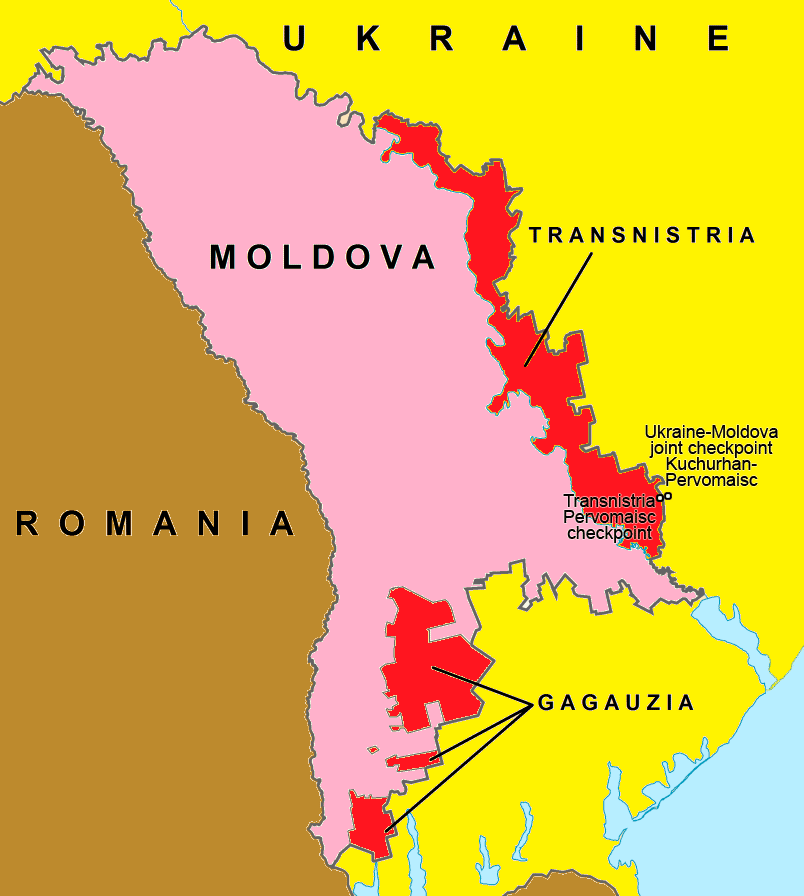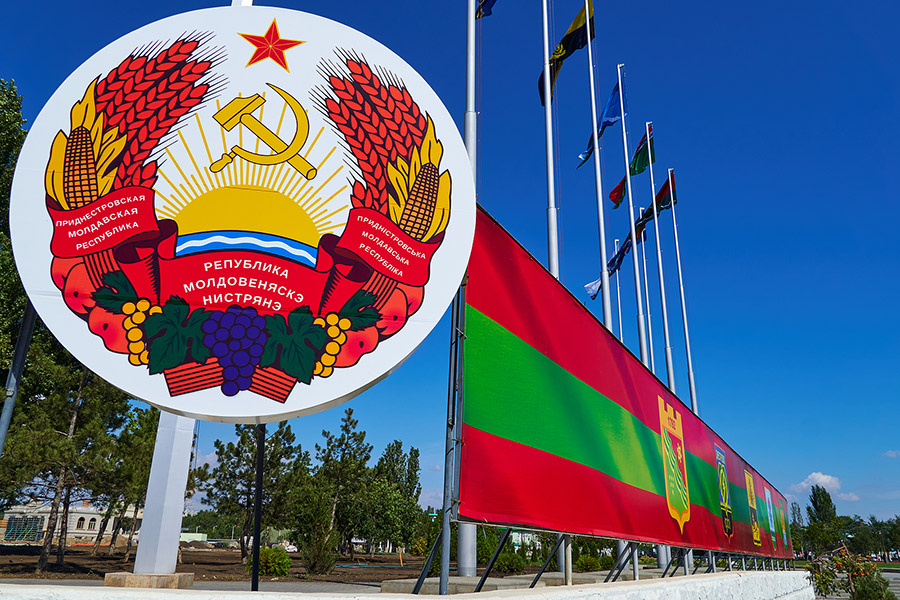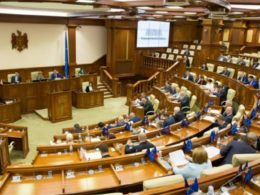The Kremlin appears to be guiding actions in the Russian-backed breakaway republic of Transnistria, potentially laying the groundwork for a false-flag operation to destabilize Moldova, the US-based Institute for the Study of War (ISW) reports.
The Transnistrian Ministry of State Security (MGB), considered a Russian FSB extension, released a statement on 10 January about an “incident” on 7 January involving two Transnistrians allegedly transferred to Ukraine, which is still being clarified.

This follows an interview on 9 January with Transnistrian President Vadim Krasnoselsky by Kremlin newswire TASS, where he accused Moldova of militarization and halting talks, highlighting Transnistria’s close ties with Russia. These actions by the MGB and Krasnoselsky seem to be coordinated efforts by the Kremlin to destabilize Moldova and rationalize potential Russian military actions in the region. The MGB’s 10 January press release is likely also part of such Kremlin efforts.
The Kremlin might orchestrate false flag operations in Transnistria, potentially to justify intervention under the pretext of protecting ethnic Russians and Russian speakers. On 10 January, the Russian Ministry of Foreign Affairs (MFA) announced it summoned the Moldovan Ambassador to Russia, protesting Moldova’s “unfriendly actions.” These actions include alleged politically motivated persecution of Russian and Russian-language media, as well as reported discrimination against Russian citizens entering Moldova.
The Russian MFA warned of retaliatory measures against Moldova for perceived hostilities, including assisting NATO in training Ukrainian forces, which it views as direct involvement in the Ukraine conflict. This stance reflects the Kremlin’s ongoing narrative of defending ethnic Russians and Russian-speakers abroad under the “Russian World” (Russkiy Mir) doctrine.
“Russia notably used similar justifications when it militarily intervened on behalf of separatist Transnistria in 1992,” ISW notes.
The Kremlin’s efforts to establish information conditions for a potential false-flag operation in Transnistria in April 2022 and February 2023 faced setbacks, partly due to economic constraints.
CTP (Conflict Intelligence Team) previously analyzed that the Kremlin couldn’t involve Transnistria in the Ukraine conflict due to economic interests. Notably, Transnistrian businesses, including those of influential Moldovan-Russian businessman Viktor Gushan, who wields significant influence over Transnistria’s government and economy, had beneficial connections with the West and Ukraine.
The EU’s DCFTA agreement allowed Transnistrian businesses registered in Moldova tariff-free access to EU markets, provided they adhered to Moldovan custom checks. Recent changes in the Moldovan Customs Code, requiring Transnistrian businesses to pay import customs duties, may have disrupted these benefits. Additionally, Moldova has expressed interest in pursuing EU membership without Transnistria, potentially limiting Transnistrian businesses’ access to EU markets.
Read also:
- Moldova conducts military exercises near Transnistria, adopts a defense strategy, and increases spending
- Is Moldova the next Ukraine? Nation battles Russian hybrid warfare amid EU bid
- Ukraine, Moldova to build bridge across the Dniester bypassing occupied Transnistria
- Russia lacks sufficient forces to attack Ukraine from Transnistria – NATO Deputy SG
- Russia lacks sufficient forces to attack Ukraine from Transnistria – NATO Deputy SG





